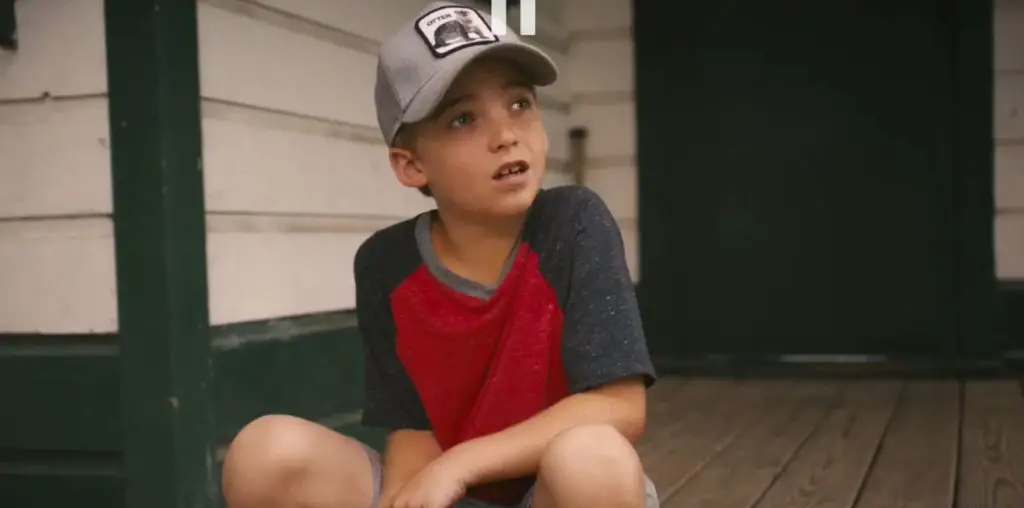
How do you like your assassins? Do you prefer tight-lipped, coldly implacable killers who scare the pants off you with their single-minded ruthlessness (John Kirby, the T-800)? Or are you more of a wisecracking, unorthodox hitman type, a la Martin Blank? In “Collateral,” you get a little bit of both. The latest film from director Michael Mann, “Collateral” tells the story of Max Durocher, a cab driver, and Vincent, a sardonic hitman with illusions of depth, hired by drug lords to kill several people in one night in Los Angeles. Now, L.A’s a big town, and a killer with that many targets has got to have wheels, so you can probably guess what happens next.
Max (Jamie Foxx) is that rarest of gems: a cabbie who knows where he’s going and the fastest way to get there. As the film opens, he snags a phone number from Annie (Jada Pinkett Smith), an attractive Justice Dept. attorney won over by his honesty and not at all put off by the fact he drives a taxi (he claims driving a cab is simply a part-time thing until he gets his limo service running). Obviously, Max is in for a good shift, right?
Enter Vincent (Tom Cruise), who hires Max to drive him around Los Angeles as he makes his rounds putting the finishing touches on a “real estate deal.” Of course, we’ve all seen the trailers, and know that Vincent is a hired killer who has five jobs to pull before he can call it a night. Max figures this out for himself after Vincent’s first victim does a belly flop onto his cab. Facing a pretty easy choice (drive or eat a bullet), Max takes Vincent to fulfill the rest of his appointments.
The first two-thirds of “Collateral” are Mann at his best. The pacing is crisp, and the action scenes, centering almost entirely on Vincent opening a can of .45 caliber whoop-a*s on anyone foolish enough to cross him, are refreshingly brutal (especially Vincent’s penultimate contract killing in a Japanese nightclub). Mann tones down some of his more notorious stylistic touches in favor of an intimate approach, and his use of high-speed digital cameras accentuates the dirty luminescence of the film’s locales. Think about the last time you pulled an all-nighter, and the strange jittery glow your surroundings took as the hours passed. “Collateral” looks like that.
Tom Cruise has played unsympathetic or amoral types before (“Rain Man’s” Charlie Babbitt, Frank Mackey in “Magnolia”), and at least one full-blown psychopath (anybody remember “Taps?”), but Vincent is Cruise’s first out and out villain. Much hay is being made of this “bad guy” role, which I honestly don’t understand. His performances in movies like “Born on the 4th of July” and “The Color of Money” have always been overshadowed by his “Tom Cruise: Superstar” persona, but the guy has shown that he can act. And besides, is it really hard to believe Tom Cruise has it in him to be a bastard? One look at that frozen, reptilian smile he sports at public appearances is enough to give most grown men the shakes. The guy’s a ticking time bomb of rage, plus he’s a Scientologist. Hell, I had a cool hundred on Cruise losing it during his much-hyped appearance on “The Rose O’Donnell Show” and going David Shawn on the host. Another ten minutes, and I feel pretty confident I would’ve won that bet.
Vincent is hardly someone we can empathize with, and – to his credit – he never rationalizes what he does. Killing is a job, and Vincent does it well. Even so, Mann and screenwriter Stuart Beattie have made sure to load him up with neuroses and a sort of dime store philosophy on life. Mann tries to get “Collateral” to explore broader themes of alienation and emptiness, with varying levels of success. Vincent calls out Max’s hypocrisy over mourning the death of one police informant while casually ignoring the genocide and brutality taking place across the world every day. He also pointedly notes that driving a cab for 12 years isn’t really a “part-time thing.” Max, to his credit, bristles at Vincent’s constant raining on his parade, and eventually takes to heart his fare’s comments about controlling his own destiny.
Jamie Foxx has come a long way from “Booty Call.” Max is a man gradually coming to terms with his inertia, even if it takes nonstop goading from a guy who’ll most likely kill him in a few hours to push him over the line. Still, this is Cruise’s movie, and Foxx does well just to bring some humanity to the boring-by-comparison protagonist. Many of the smaller acting parts are notable as well; especially Mark Ruffalo as a detective on the trail of the murders and Barry Shabaka Henley as a jazz club owner. Javier Bardem also makes the menacing most of his bit part as the drug lord Felix.
Both Vincent and Max are flawed men – Max lies to his dying mother about his job, while Vincent, well…he kills people for money – and both principals do an able job bringing this across and making their interplay so enjoyable to watch. It also makes the last act, where “Collateral” derails and goes from smartly written (if somewhat shallow) neo-noir action film to typical big studio hide-and-seek thriller, that much more disappointing. After a solid hour and a half, the climax almost seems to have come from a different movie. “Collateral” is still a hell of a ride, but could’ve used a smoother landing.
Disagree with this review? Think you can write a better one? Go right ahead in Film Threat’s BACK TALK section! Click here>>>
